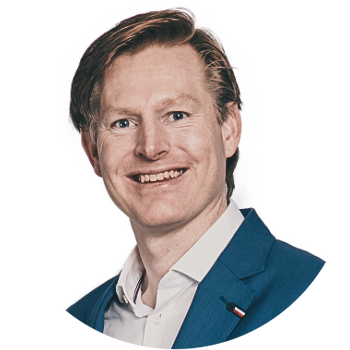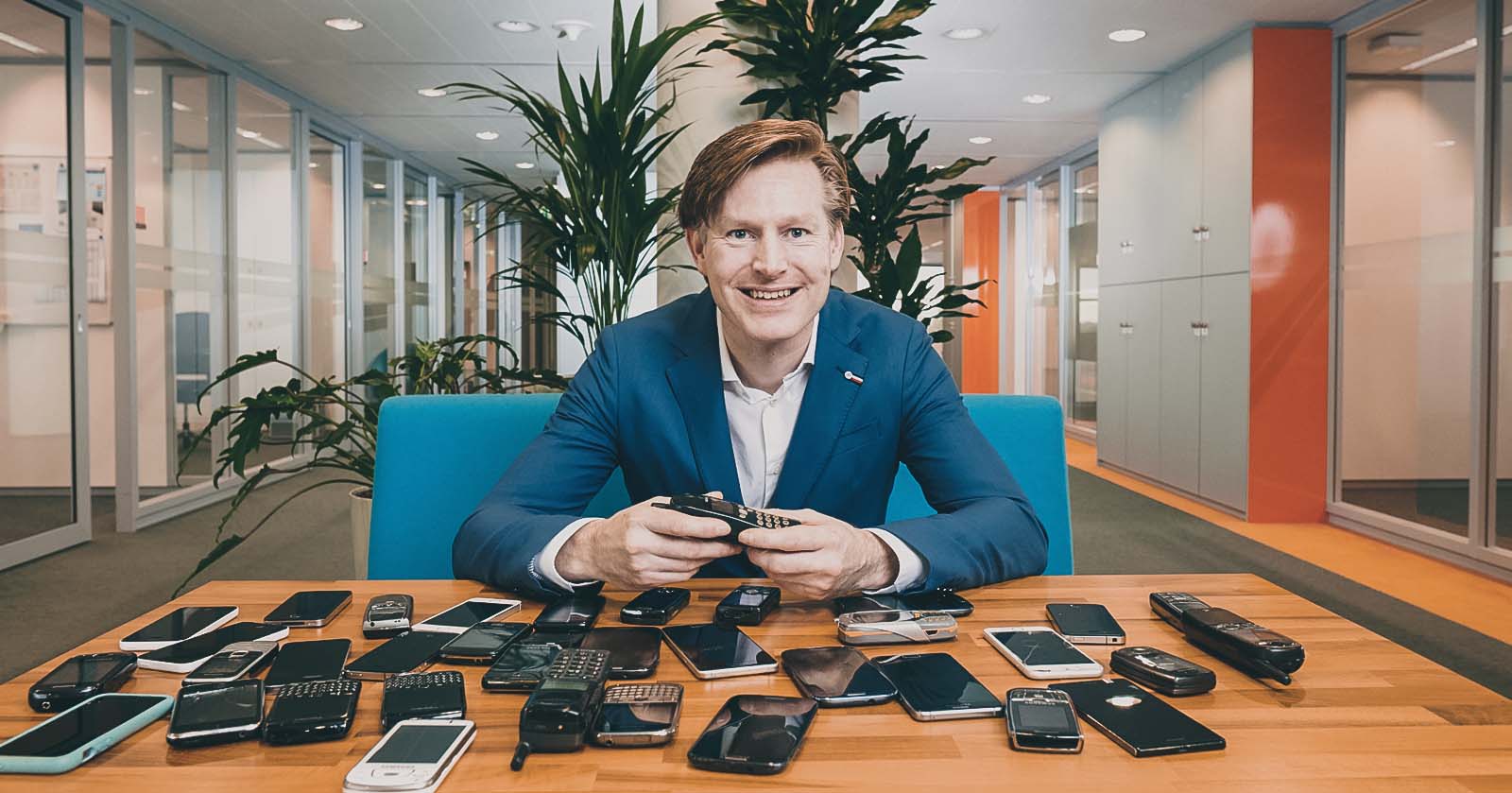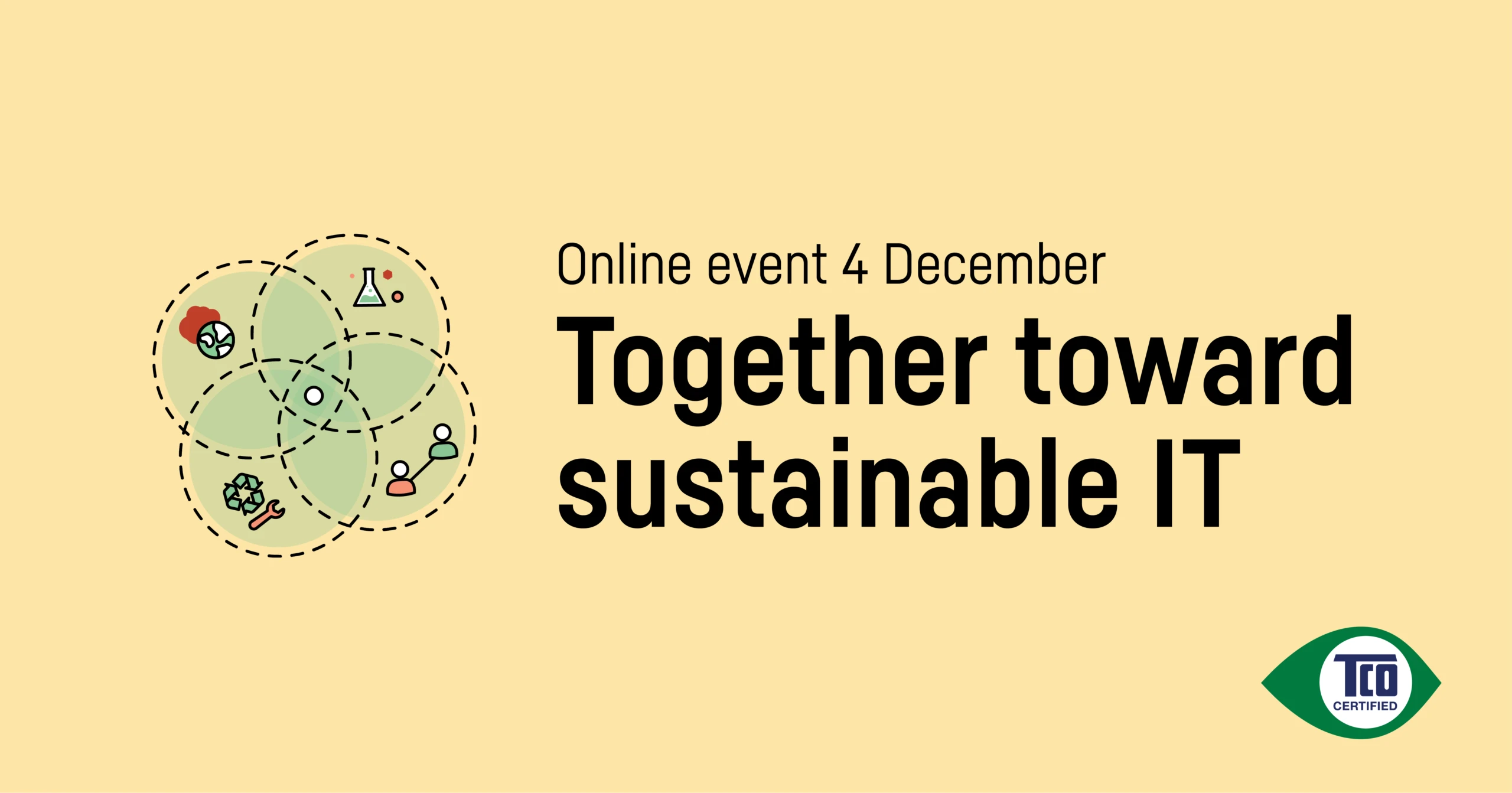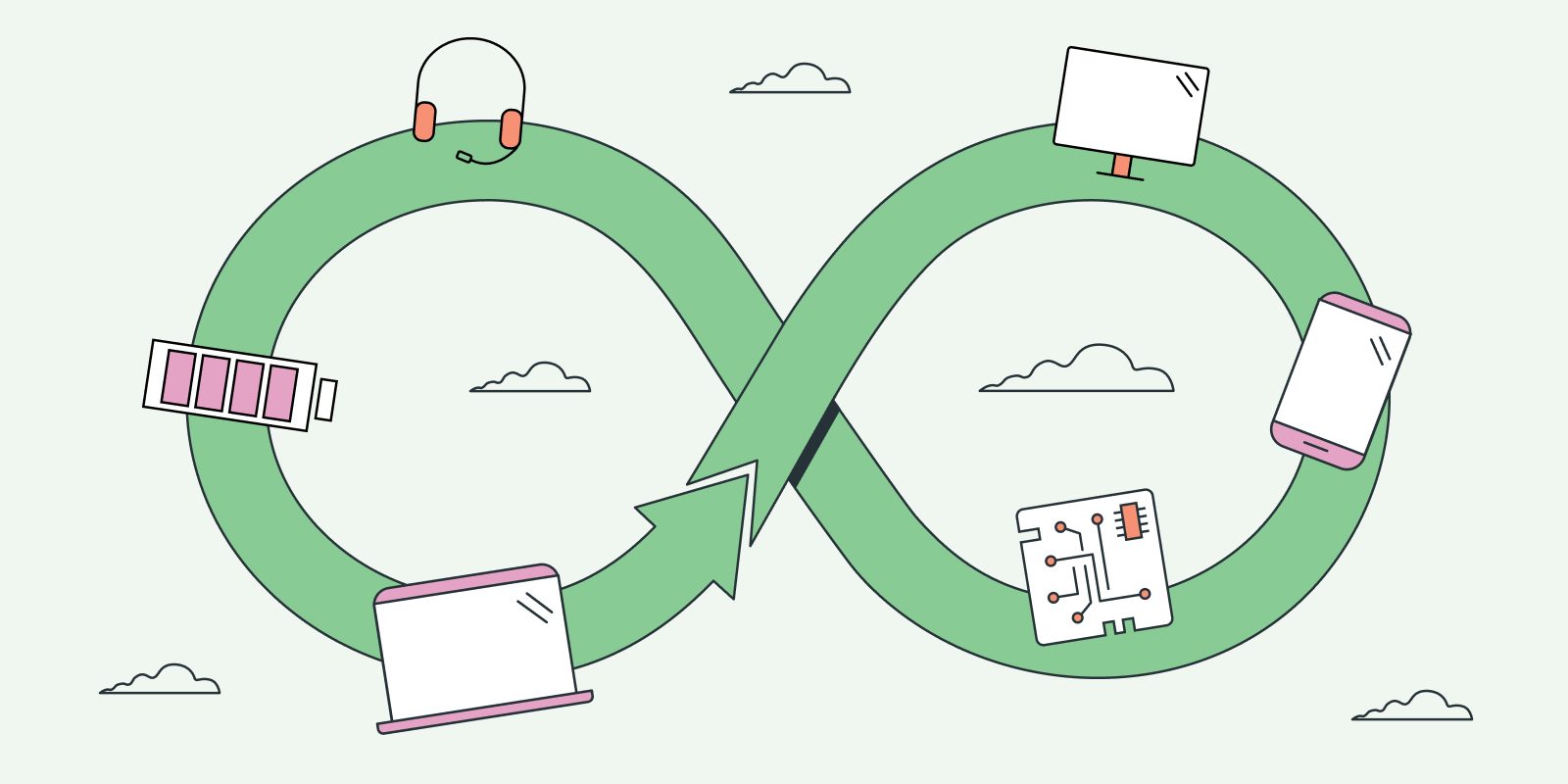How bold should your IT procurement be in terms of achieving sustainability goals? Where do you set the bar, and how do certifications help you do this? Johan Rodenhuis, Senior Sustainability Advisor at the Ministry of Economic Affairs and Climate Policy in the Netherlands, reveals how you can turn high ambitions into reality.
Rodenhuis is responsible for sustainability within the Dutch government procurement Category IWR, which draws up government-wide procurement contracts for personnel and building-related ICT facilities that form the ICT working environment for the entire Dutch state.
Next level ambition
“We want to be a step ahead. Our ambition is to be one of the forerunners in the EU on sustainable IT procurement, so we want to keep innovating with every procurement cycle – every tender has to be more innovative than the previous one. I think things are possible if you do the right research and are willing to take calculated risks, then you can challenge the market a lot,” says Rodenhuis, who believes that it is the role of government to set the bar high.
“If we don’t do it, why should anyone else? We have to set the bar high and move forward with the market when it’s going in the right direction, but also take the lead if things aren’t improving as fast as we want.”
Rodenhuis is realistic about the challenges, however, and argues that greater ambition is needed from legislators. He welcomes ESG regulations from the EU but feels individual states in the EU and elsewhere could be doing more.
“There is still a lot of legislation that has to be developed and this takes time. We need higher ambitions in terms of legislation,” he says.
In addition to legislative and regulatory frameworks, Rodenhuis says that dialog with manufacturers is vital to understand their needs – and vice versa.
“We want manufacturers to have the chance to share information with us about what they can do, what they can’t do, what’s ambitious, what’s not. We conduct multiple rounds of consultation to ensure we strike the right balance between being ambitious and not being over-demanding. The challenge is to find that fine line between being innovative but not creating something that nobody can live up to.”
Using TCO Certified
Rodenhuis explains that working with partners such as TCO Development improves their understanding of market trends and thereby helps to push up ambitions levels. He also says that it’s important to identify differences between eco-labels, to improve decision-making.
“We use TCO Certified because it’s a very well-developed certification, it works really well for IT, and quality-wise, it’s outstanding, so for us it’s a logical step to use it in our tenders.”
“Firstly, it’s easy for us to use because it’s a genuinely worldwide certification. Secondly, it’s a really broad certification focused on multiple aspects of sustainability. It has the climate and circularity aspects, component reparability etc., as well as the human rights aspects, due diligence requirements, anti-bribery aspects etc., which criteria combined make it a really solid certification,” Rodenhuis says.

Johan Rodenhuis, Senior Sustainability Advisor at the Ministry of Economic Affairs and Climate Policy in the Netherlands
Another strength of TCO Certified, according to Rodenhuis, is its product database.
“With the TCO Certified database Product Finder it’s easy to check if a product is compliant – if it’s in the database, it’s ok, if it isn’t, someone has a problem!” says Rodenhuis, grinning. “This makes it easy to use, and we want something that is reliable and easy to implement.”
He also says that another strength of TCO Certified is that it is uncomplicated for brands to get their products certified, at least after a company has gone through the certification process for its first product model.
Again, Rodenhuis highlights the importance of dialog and collaboration.
“What helps is that the team behind TCO Certified is really active; they look for feedback on their criteria, and they’re very professional – that helps us, and the fact that they’re a broadly accepted certification – that makes our life really easy.”
Dialog, collaboration, trusted partners
Rodenhuis explains that his collaboration with partners is global in scope to match the global nature of electronics supply chains.
“We focus on collaboration with different entities worldwide to share knowledge, collaborate inside and outside the Dutch government, and through working groups. We also collaborate with rating and auditing organizations such as Ecovadis. So, when we publish tenders, all parties know exactly which way we’re going, so they need less time to figure out what the goal of a tender is, what the strategy is, what the requirements are, so that they can anticipate really well and that helps us a lot,” he says.
“You really, really, have to focus on the process rather than just the endpoint,” he adds.
Lastly, Rodenhuis urges the industry and procurers to innovate as much as possible, and on multiple levels.
“An easy way to innovate and start to change things are pilot procurement programmes. You can do a lot like this.”




